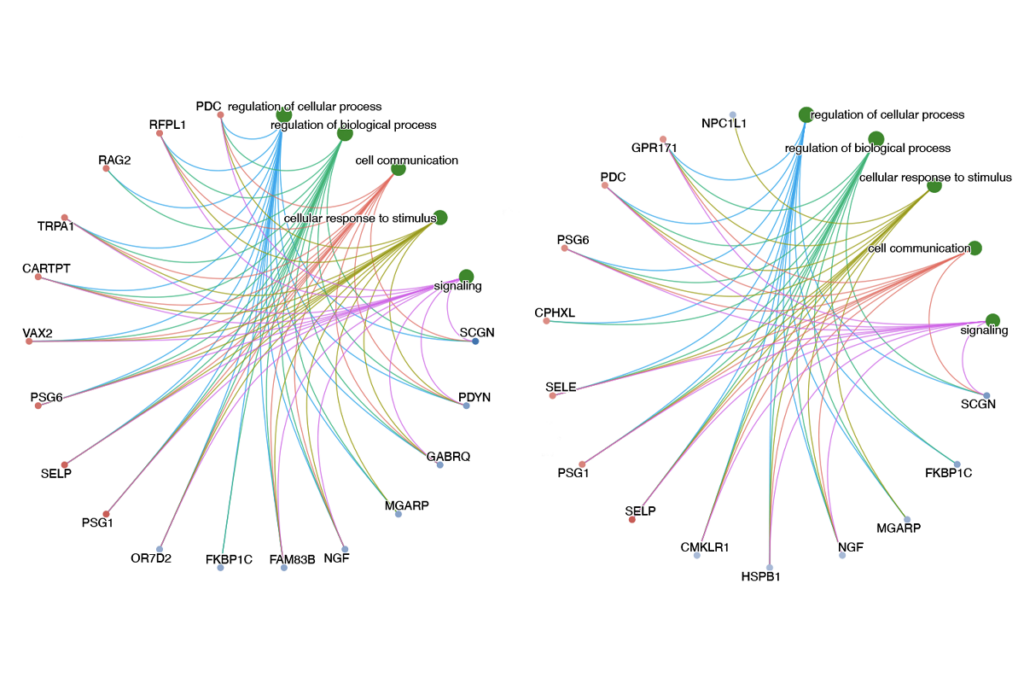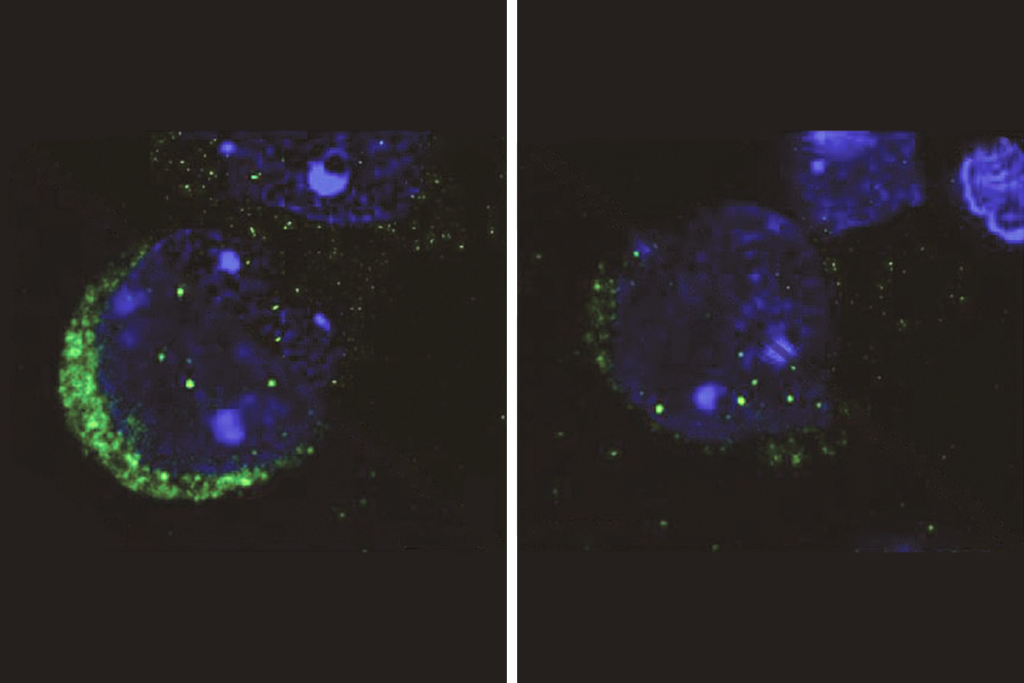Genetics: New autism mutations affect DNA packaging
Mutations in a gene associated with DNA packaging may lead to autism and intellectual disability, suggests a study published 16 February in Nature Genetics.
Mutations in a gene associated with DNA packaging may lead to autism, according to a study published 16 February in Nature Genetics1.
People with mutations in the gene, ADNP, also tend to have intellectual disability, the study suggests.
The researchers analyzed DNA sequence data from multiple repositories and found that of 5,776 people with autism, 10 of them — or 0.17 percent — have mutations in ADNP. This is a relatively high prevalence, as even the most common autism mutations occur in less than 1 percent of people with the disorder.
All ten people with ADNPmutations have intellectual disability, and many had trouble feeding as infants, had developmental delays and have low muscle tone or congenital heart problems. ADNP mutations are also associated with thin upper lips, large foreheads and broad nasal bridges.
Experiments in mice implicate ADNP in the growth and development of neurons. Prior work has found that it recruits DNA packaging proteins from the BAF complex, otherwise known as the SWI/SNF complex. Packaging proteins perform such tasks as winding and unwinding tightly packed DNA to regulate gene expression.
When ADNP is mutated, it may be unable to aid in cellular processes as usual, leading to the symptoms observed in these individuals. Mutations to DNA-packaging proteins, including BAF proteins, have been linked to autism, suggesting their importance for understanding the disorder.
The researchers have set up a website to collect information about other people with autism who have an ADNP mutation. They plan to use the data to better understand various ADNP mutations’ functional and clinical effects.
References:
1. Helsmoortel C. et al. Nat. Genet. 46, 380-384 (2014) PubMed
Recommended reading

Autism traits, mental health conditions interact in sex-dependent ways in early development

New tool may help untangle downstream effects of autism-linked genes

NIH neurodevelopmental assessment system now available as iPad app
Explore more from The Transmitter
It’s time to examine neural coding from the message’s point of view

Organoids and assembloids offer a new window into human brain
